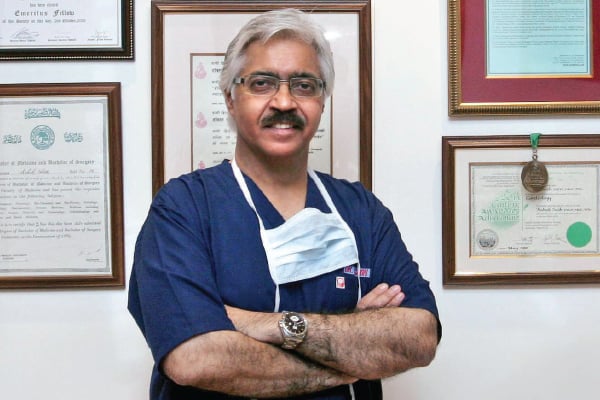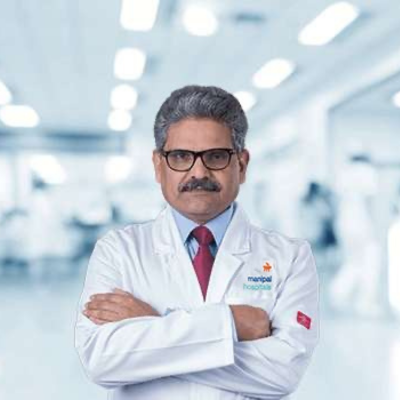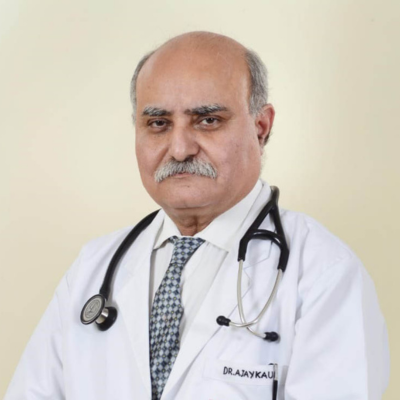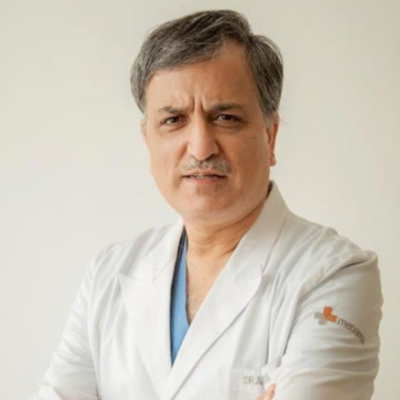Gender Reassignment Surgery: Types, Procedure, and Costs
 05 November,2024
Read More
05 November,2024
Read More
Enquire now in case of any assistance needed
Starting From:
Catheter Ablation is affordable in India. The cost of Catheter Ablation in India lies between . The exact procedure price depends on multiple factors such as the surgeon's experience, type of hospital, severity of the condition, patient's general condition,etc.
Catheter ablation is a transformative medical procedure that has revolutionized the treatment of various cardiac arrhythmias. This minimally invasive intervention targets abnormal electrical pathways in the heart, offering a potential cure or significant improvement for individuals suffering from arrhythmias. From supraventricular tachycardias to atrial fibrillation, catheter ablation has become a cornerstone in the management of rhythm disorders.
Understanding Cardiac Arrhythmias
Cardiac arrhythmias refer to abnormal heart rhythms, which can manifest as a heartbeat that is too fast (tachycardia), too slow (bradycardia), or irregular. These irregularities are caused by disruptions in the heart's electrical signaling system. Common types of arrhythmias include atrial fibrillation, atrial flutter, supraventricular tachycardia (SVT), and ventricular tachycardia.
Catheter ablation represents a monumental advancement in the field of cardiology, providing a targeted and highly effective treatment for various cardiac arrhythmias. By precisely targeting and ablating abnormal electrical pathways, this procedure offers the potential for a cure or significant improvement in quality of life for patients suffering from arrhythmias. Through careful patient selection, expert procedural intervention, and diligent postoperative care, catheter ablation stands as a cornerstone in the quest to optimize cardiovascular health and well-being. It continues to pave the way for innovative approaches in the treatment of cardiac rhythm disorders.
Chairman
Interventional Cardiologist
Fortis Escorts Heart Institute, Okhla, New Delhi
Book an AppointmentChief
Cardiothoracic and Vascular Surgeon
Manipal Hospital, Dwarka, Delhi
Book an AppointmentChairman
Interventional Cardiologist
BLK-Max Super Speciality Hospital, New Delhi
Book an AppointmentChairman
Cardiothoracic and Vascular Surgeon
Medanta - The Medicity Hospital, Gurgaon
Book an AppointmentConsultant
Interventional Cardiologist
Apollo Hospitals, Greams Road, Chennai
Book an AppointmentDoctor of Pharmacy
Dr. Deepanshu Siwach is a skilled clinical pharmacist with a Doctor of Pharmacy degree. He has 4+ years of experience and has worked with thousands of patients. He has been associated with some of the top hospitals, such as Artemis Gurgaon and Teerthanker
Dr. Deepanshu Siwach is a skilled clinical pharmacist with a Doctor of Pharmacy degree. He has 4+ years of experience and has worked with thousands of patients. He has been associated with some of the top hospitals, such as Artemis Gurgaon and Teerthanker...
Dr. Aseem Ranjan Srivastava is an experienced Pediatric Cardiothoracic Surgeon specializing in Minimal Access and Robotic Cardiac Surgery. He strongly recommends prompt corrective repair when possible....
The Art of Effective Communication
 05 November,2024
Read More
05 November,2024
Read More
 04 November,2024
Read More
04 November,2024
Read More
 29 October,2024
Read More
29 October,2024
Read More
 28 October,2024
Read More
28 October,2024
Read More
 21 October,2024
Read More
21 October,2024
Read More
 18 October,2024
Read More
18 October,2024
Read More





